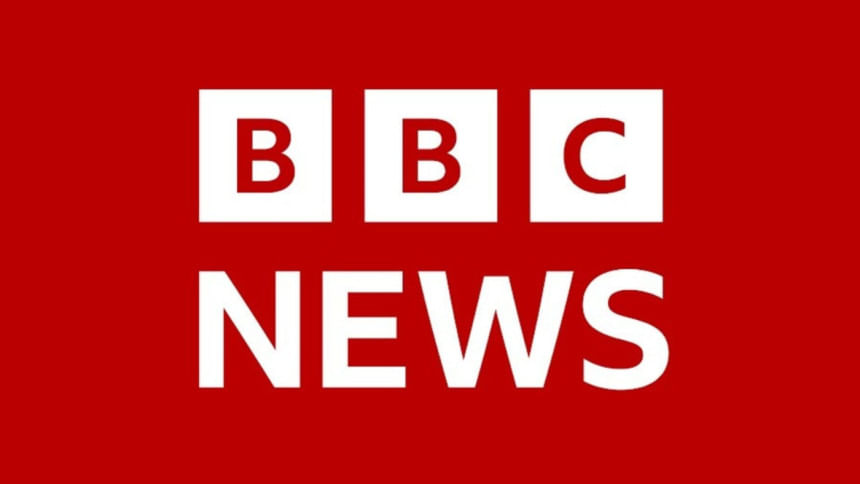Ahead of ICT verdict, Hasina denies all accountability in BBC interview

Ousted prime minister Sheikh Hasina has denied committing crimes against humanity during the July 2024 deadly crackdown, days before the International Crimes Tribunal-1 delivers its verdict in a major case against her and two top aides on November 17.In her first BBC interview since fleeing Bangladesh on August 5 last year, Hasina dismissed the trial in absentia as a "farce" run by a "kangaroo court" controlled by political rivals. Prosecutors are seeking the death penalty.Hasina stands accused...
Ousted prime minister Sheikh Hasina has denied committing crimes against humanity during the July 2024 deadly crackdown, days before the International Crimes Tribunal-1 delivers its verdict in a major case against her and two top aides on November 17.
In her first BBC interview since fleeing Bangladesh on August 5 last year, Hasina dismissed the trial in absentia as a "farce" run by a "kangaroo court" controlled by political rivals. Prosecutors are seeking the death penalty.
Hasina stands accused of orchestrating hundreds of killings -- 1,400 deaths according to UN estimates -- during mass protests against her autocratic rule. She is also accused of personally ordering security forces to fire on protesters in the weeks before she fled.
In an email to the BBC, she said she "categorically" denied the allegations. "I'm not denying that the situation got out of control, nor that many lives were lost needlessly. But I never issued any order to fire on unarmed civilians," she said.
However, leaked audio verified by BBC Eye and played in court suggests she authorised the use of lethal force in July 2024. The Daily Star's own investigation also found evidence she issued such orders. One recording from July 18, 2024 captures her telling her nephew, former Dhaka South mayor Fazle Noor Taposh: "I have given instructions, now I have given direct instructions; now they will use lethal weapons. Wherever they find them [protesters], they will shoot directly."
Hasina told the BBC she has been unable to defend herself or appoint her own lawyers, alleging the case is designed to deliver a "pre-ordained guilty verdict". She also said her political opponents went after her to "liquidate" Awami League as a political force. All activities of Awami League and its associated and affiliated organisations remain banned.
Hasina's lawyers in the UK, meanwhile, have filed an urgent appeal to the UN over fair-trial concerns at the tribunal.
The BBC interview also touched on further allegations stemming from her 15-year rule, including a separate ICT case involving accusations of crimes against humanity. Hasina denied all charges.
Asked about the secret jails discovered after she was ousted -- facilities where people had been held for years without due process -- Hasina said she "did not have knowledge" of them. She also denied involvement in extra-judicial killings and enforced disappearances.
Her earlier written interviews were published by Reuters, AFP and The Independent on October 29, followed by The Hindu, Hindustan Times and The New Indian Express on November 7.